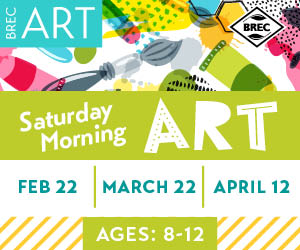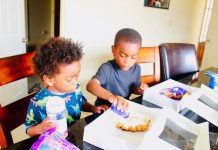You read that right. I have aides. Rather, my son has aides (also known as direct support workers – DSWs.) He has four regular nurses and two regular CNAs who care for him. Daily there are two strangers (minimum) in our home to care for our terminally ill, medically-fragile, technology-dependent son. Weekly we also have teachers, therapists, program coordinators, waiver supervisors, nursing supervisors and more enter our home. {Somebody send us a Roomba!!}
I am asked frequently what it’s like having so many strangers in our home. Well, it’s weird getting used to at first. But when you weigh the alternative which is not having the assistance our son needs to survive — you learn to deal with this sacrifice. Our son qualifies for around-the-clock care, but we end “the night shift” by 9 or 10pm so our family can have some down time “just us.” Our son’s machines usually get us up about three times a night. And although keeping up this pace for over ten years of interrupted nightly sleep has been exhausting, somehow it’s also been manageable. At the point in which he will require more attention, we will consider 24-hour care when that time comes. Our foreseeable future will always embrace life with aides.
Here are some advantages that life with aides allows:
- The ability to keep our child comfortable in his own environment.
- The chance to mitigate germs getting to our child that could hospitalize him. Even normal colds, flu or fever could mean hospitalization, so keeping those who are sick OUT of his environment is a major benefit to keeping him at home with the help of aides.
- Caregivers who go the extra mile to do things special for him since he rarely gets to leave the home. Pampering, special occasion celebrations, cool projects – everyone on the “team” goes out of their way to make our child feel special and loved.
- We as parents can show the often neglected sibling(s) some attention due to the high need from the child with special needs.
- It allows for parents to work and contribute to the shaky financial ground most special needs families face to due high out of pocket costs required to care for the child with extraordinary needs.
- An occasional nap after a long night up with the child – true rest!
- The ability to do things like go to church, go grocery shopping, visit the bank or other normal errands like most families.
- The chance to take other siblings to the park or a birthday party.
- The rare date night to focus on the marriage, kid-free. The divorce rate of special needs parents approaches 80-85% due to the high financial strain, the large emotional drain, and the inability to spend quality time together.
And there are things you will give up and sacrifice to make this situation work:
- SOME PRIVACY – you can still maintain a little bit of privacy behind closed doors or at night. It takes some getting used to, and the workers attempt to be minimally invasive in your home.
- MORE TO CLEAN – more people in your home means more frequent cleaning of your floors, the guest bathroom, taking out the trash, cleaning the microwave.
- HIGHER ELECTRIC & WATER BILLS – more people in the house means higher electric and water usage. More air conditioning, heating and washing of the clothes.


- PARKING SPACES – Yep, it may look like you are having a party every day. I do have disco lights in my son’s room that shine out his window. Let’s just keep the neighbors guessing.
- MORE OF YOUR HEART – these people will be the reason you get pieces of your life back. They will love your child and provide quality care for him or her. You will love them for that, and they will become like family.
This life is a delicate balance of finding reliable caregivers you can trust with the life and care of your child. It requires giving up things to make room for the benefits you will gain. Your “new normal” will require some getting used to, but before long, it’s just “normal” after you have adjusted. Embrace the help you will be gaining to help you care for your loved one, and give yourself grace to have a learning curve for your new normal.
















